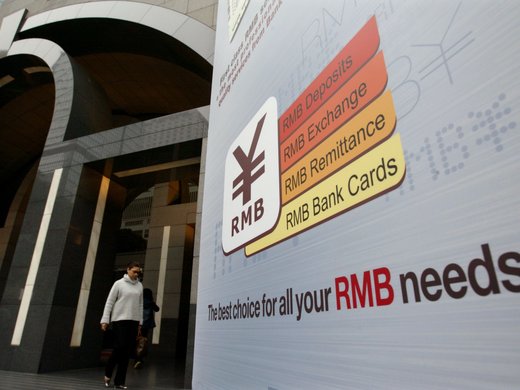The ruling by the European Union's top judicial official on Tuesday that the ECB's proposed bond buying program does not contravene the EU charter provides a glimmer of light in what has been a dark and dismal start to 2015. The new year began with the news that the euro zone has fallen into deflation, increasing the urgency of measures to stem the decline in prices. However, the threat that legal challenges in the German constitutional court might prevent the ECB from acting in a timely, forceful manner to arrest deflationary pressures cast a pall over the outlook for the euro zone. Concerns were exacerbated by political developments in Greece, where the possibility that the elections scheduled for a fortnight might produce a government that is intent on forcing debt reduction and making a possible exit from the euro zone led to increased uncertainty.
The ruling this week should reduce stress levels. But —make no mistake — it does not eliminate the risks to the euro zone. While the curfew may not ring tonight, the prisoner hasn't been pardoned.1 The ECB will likely announce quantitative easing later this week. It will not, however, be 'Fed-like' in scope. That would be going beyond the limited mandate provided by the judicial review. The ECB's likely measures are best viewed therefore as a defense against prospective turbulence.
Absent a favorable legal interpretation, there was a risk that markets would question the credibility of Mario Draghi's commitment to "do whatever it takes" to save the euro. That timely pronouncement in 2012 calmed markets which had begun to question the euro's future. If an example of possible multiple equilibrium in financial markets was needed, the near-death experience of the euro provided it. But if "super Mario's" ability to mobilize the instruments needed to follow through on his brave words in the event of a shock was questioned by markets, the "good" equilibrium could have quickly shifted once again to a "bad" outcome of panicked trading.
All of this is not to say that the uncertainty that has hung over the euro zone has been eliminated. Far from it. The decline in oil prices will push prices down, further unhinging inflation expectations from the ECB's official target of 2%. And, while lower petrol prices will boost real incomes, if continuing uncertainty means that consumers increase savings, rather than spending, deflationary pressures may build.
In this respect, 2015 opens much like 2012: with the risk of debt restructuring in periphery members of the euro zone and latent problems in the governance of the euro zone once more posing a potential threat to the global economy. Yes, the U.S. economy is more robust today than it was three years ago, but prospects for the emerging market economies that had been sources of global growth look far less encouraging. In this conjuncture the need for cooperation to secure the goal of sustained, balanced growth remains paramount.
1. See Rose Hartwick Thorpe's 1867 poem, Curfew Must Not Ring Tonight.


